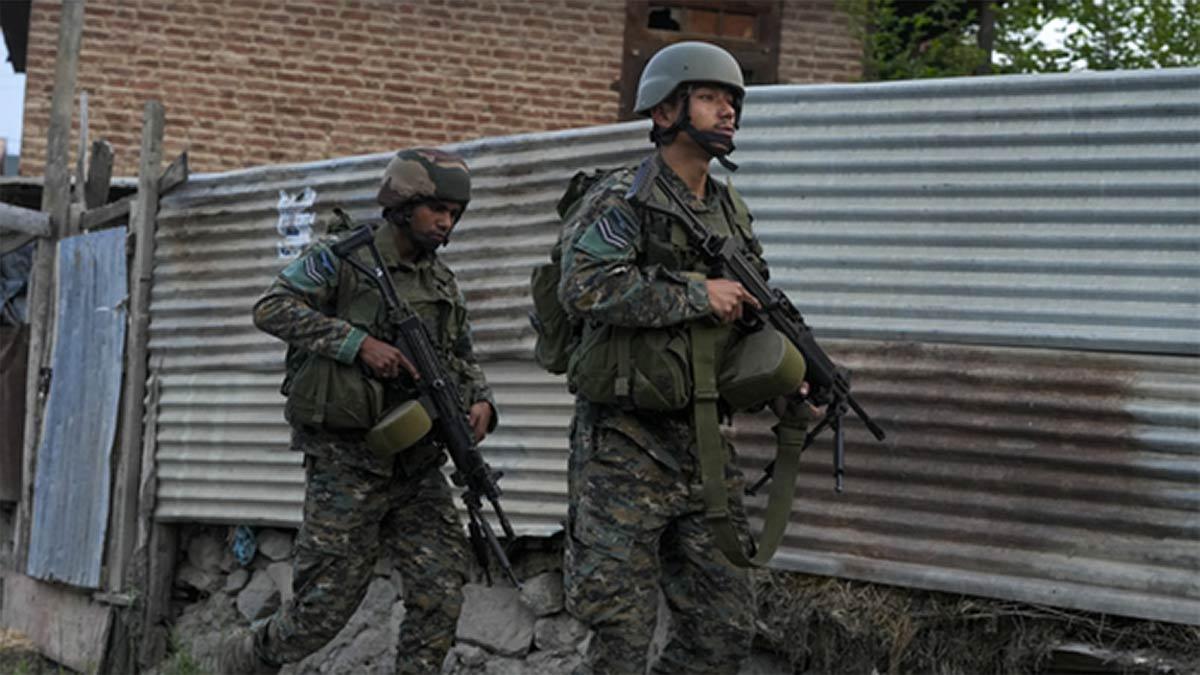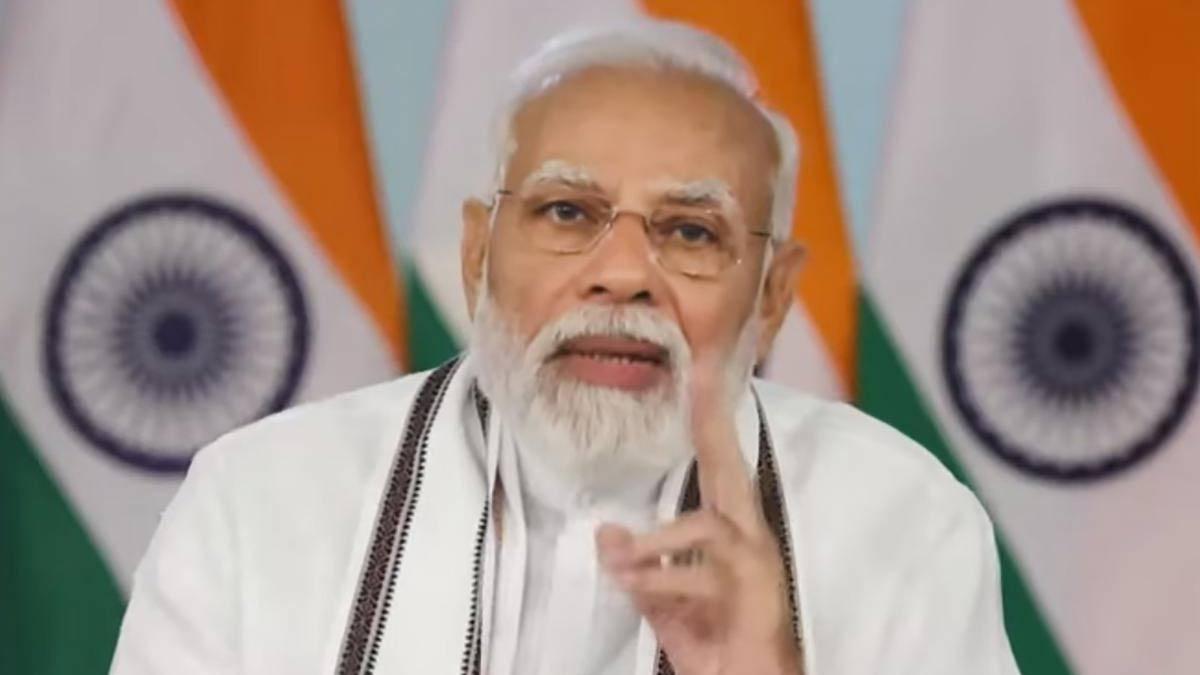Two weeks since the deadly terror strike in Pahalgam, Indian Armed Forces carried out a series of extremely accurate missile strikes early on Wednesday morning on nine terror locations in Pakistan and Pakistan-occupied Kashmir (PoK).
Bahawalpur, a suspected key operational camp of the Jaish-e-Mohammad terror outfit, was among them.
The strikes were carried out under 'Operation Sindoor', as the Indian Army announced in an official statement issued at 1:44 a.m.
"Recently, the Indian Armed forces launched 'Operation Sindoor' against terrorist infrastructure in Pakistan and Pakistan-occupied Jammu and Kashmir from where terrorist operations against India have been planned and coordinated," the Army stated.
The operation was conducted with care and precision, with a view to not escalating, the statement further added.
"No Pakistani military installations have been hit. India has exercised great restraint in the choice of targets and the manner of execution," the Army explained.
The military action follows the Pahalgam massacre that had evoked national and international outrage. The Indian Army emphasized the rationale behind the strike:
Those steps follow the dastardly Pahalgam terrorist attack in which 25 Indians and one Nepali citizen were martyred," the statement added.
"We are living up to our assurance that the people behind this attack will be brought to justice."
Sources familiar with the development revealed that the operation was monitored in real-time by India's top military commanders.
On April 29th, Prime Minister Narendra Modi, during a tactical meeting with senior defence personnel, had instructed the forces to strike back as they wished—to decide the manner, timing, and target for the counter-strike. He reiterated the unflinching stance of the government:
Modi also reiterated the national commitment to inflict a "crushing blow to terrorism".


















